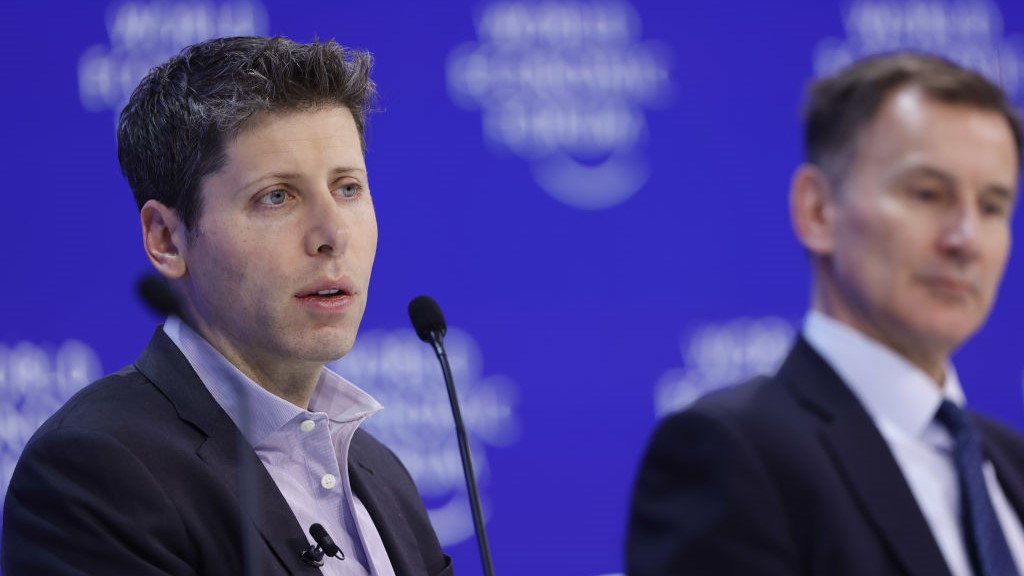OpenAI just raised another $8.3 billon in a funding round that values it at an unbelievable $300B, surpassing AMD, Coca-Cola, and General Electric
Who doesn't love a bit of end-stage capitalism.

OpenAI's business model is, at bottom, pretty simple. Sam Altman gets up on a stage somewhere, burbles a few lines about how AI is going to radically upend society and cure cancer, and then shareholders fall over themselves in a frenzied rush to thrust money upon this economic miracle-to-be. OpenAI sells subscriptions to users, sure, but the real profit is in the promises.
As reported by the New York Times' Dealbook, OpenAI has raised $8.3 billion in a new funding round that values the company at $300 billion. This news comes ahead of schedule: OpenAI's last crazy investment round was the announcement of a $30 billion deal with SoftBank, on top of which it raised another $2.5 billion from VC firms, before saying it planned to raise another $7.5 billion by the end of the year. Job done, and handsomely, with five months to go.
The Dragoneer Investment Group is in there with an enormous $2.8 billion investment: even in the world of venture capital, this is an extraordinary sum for one firm to commit. The NYT's DealBook reckons it "may be one of the largest [checks] ever written" by a single investment firm. Many other firms took part in the funding round, which was apparently five times oversubscribed.
OpenAI may well come up with a defining piece of technology that actually changes the world: but so far, it hasn't. Not even close. ChatGPT certainly has its uses, but… $300 billion is a valuation that reckons OpenAI (which is not yet publicly listed) is worth more than Coca-Cola ($296 billion), AMD ($278 billion) and General Electric ($285 billion).

A notable element of this news was an anonymous OpenAI employee that spoke to both DealBook and CNBC, claiming that the company's annual recurring revenue has "soared" to $13 billion and they project it will top $20 billion by the end of the year. There are also apparently now five million business users. I am not sure any of these numbers should be taken at face value, nor why OpenAI staff feel the need to anonymously tell outlets that the numbers are looking great, homie.
So many big tech firms are so heavily invested in AI now that there's a sense of inevitability about the tech creeping into everything. There are great use cases and not-so-great use cases (among AI's biggest crimes is making Google search useless). But all of this is predicated on a product that, as of yet, hasn't delivered on the more grandiose promises made by its backers. Maybe it will. But $300 billion seems like an awfully big bet on "maybe."
Keep up to date with the most important stories and the best deals, as picked by the PC Gamer team.

Rich is a games journalist with 15 years' experience, beginning his career on Edge magazine before working for a wide range of outlets, including Ars Technica, Eurogamer, GamesRadar+, Gamespot, the Guardian, IGN, the New Statesman, Polygon, and Vice. He was the editor of Kotaku UK, the UK arm of Kotaku, for three years before joining PC Gamer. He is the author of a Brief History of Video Games, a full history of the medium, which the Midwest Book Review described as "[a] must-read for serious minded game historians and curious video game connoisseurs alike."
You must confirm your public display name before commenting
Please logout and then login again, you will then be prompted to enter your display name.

